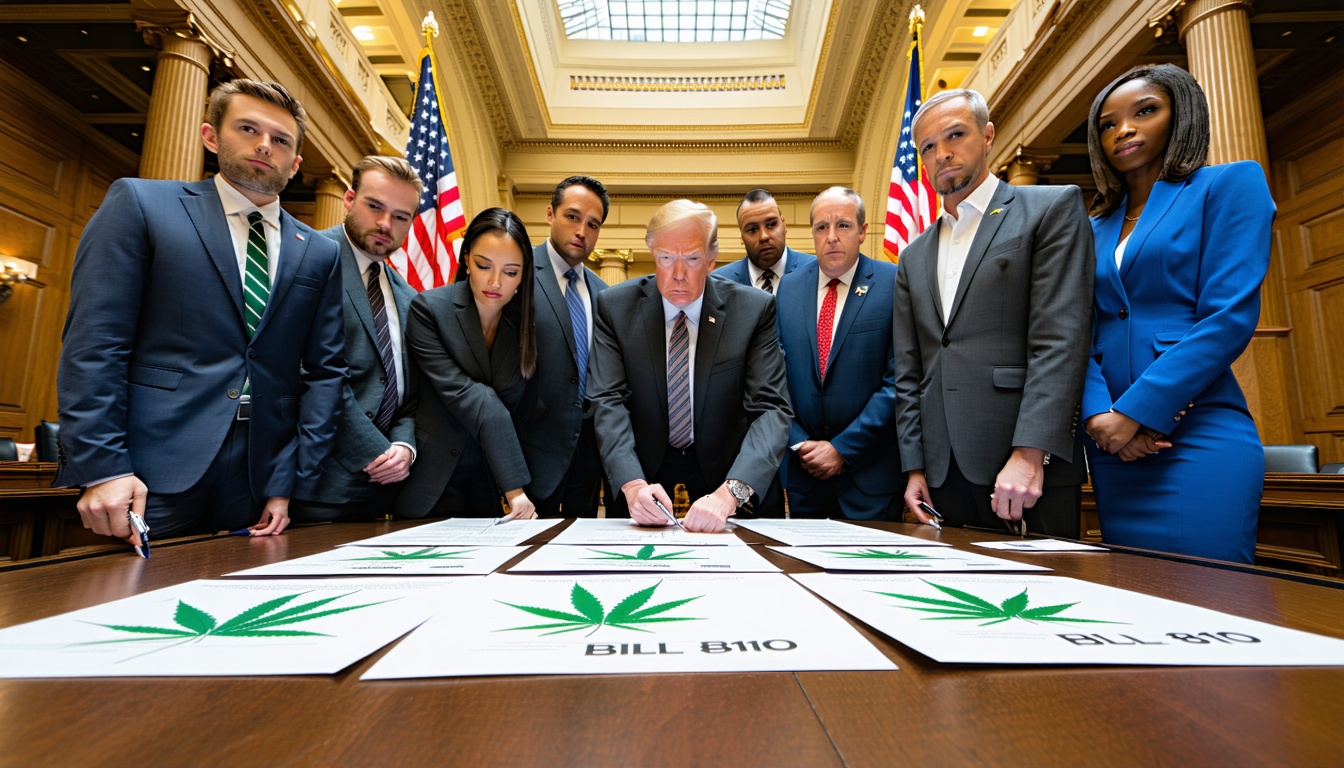A Texas State Representative Files Bill to Legalize Recreational Marijuana
In a move that could have significant implications for the Lone Star State, Representative Jessica González of Dallas has filed a bill to legalize recreational marijuana in Texas. The bill, House Bill 1208, would allow adults 21 and older to use, possess, and transport up to 2.5 ounces of marijuana for personal use. Additionally, individuals would be allowed to keep up to 10 ounces of cannabis in their residence, as long as it is stored in a secure location.
Under the proposed legislation, smoking or consuming cannabis in public places or in a car on a public road would be prohibited. Packaging for cannabis products would also be required to be in child-resistant packaging that is clearly labeled and not easily confused with candy.
The bill would also establish a regulatory framework for the production and sale of recreational marijuana. Businesses looking to grow, transport, test, or sell cannabis would need to be licensed by the Texas Department of Licensing and Regulation. A 10% tax would be imposed on the sale of all cannabis and cannabis products.
If passed, the bill would take effect on September 1, 2025. The Texas legislative session is set to begin on January 14, 2024.
The move comes as Lieutenant Governor Dan Patrick has called for a ban on THC products in the state. However, González’s bill would allow for the legal sale and use of recreational marijuana, which could generate significant revenue for the state.
Recreational marijuana is currently illegal in Texas, but some municipalities have decriminalized its possession. Voters in cities such as Dallas, Lockhart, and Bastrop have approved ballot measures to legalize the possession of small amounts of marijuana. However, the Texas Attorney General has filed lawsuits against these cities, arguing that the measures conflict with state law.
Medical cannabis is legal in Texas, but it is limited to patients with certain approved medical conditions. The state’s Compassionate Use Program allows certain physicians to prescribe low-THC cannabis to patients with conditions such as epilepsy, MS, autism, cancer, and post-traumatic stress disorder.












